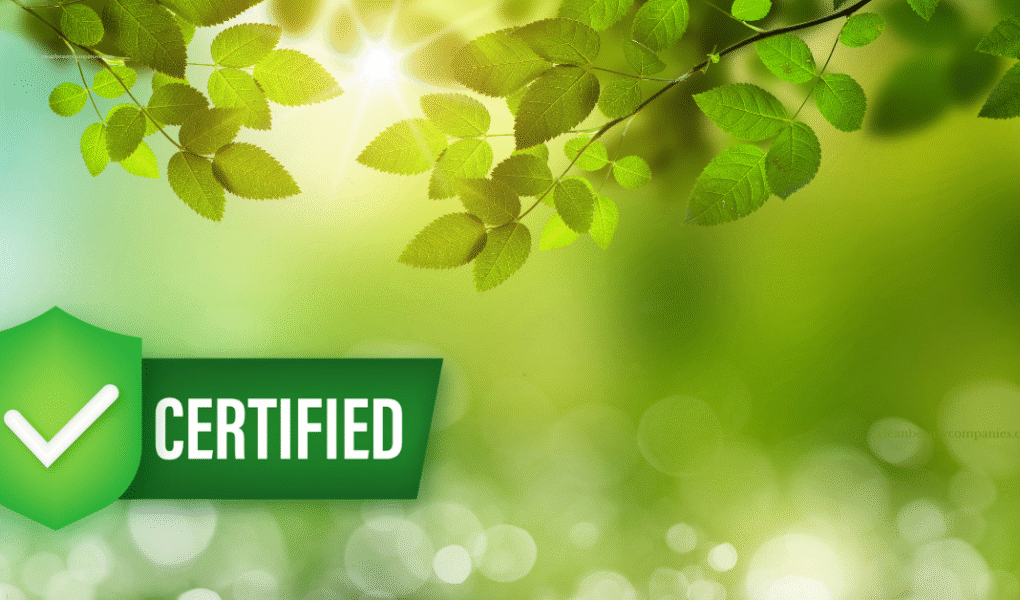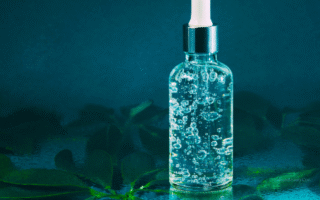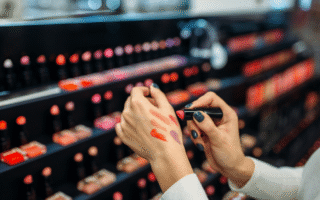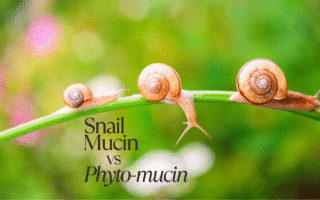Transparency in Clean Beauty Certification
The Environmental Working Group (EWG) has long positioned itself as a consumer advocacy group dedicated to reducing toxic exposure from household and personal care products. Its EWG Verified™ mark appears on cosmetics, skin care, and even cleaning products, and is often interpreted by consumers as a gold standard of clean safety. But how does the certification actually work? How much does it cost? And what happens when a certified brand is sold or starts manufacturing in a country like China?
Let’s take a closer look at the EWG Verified program—what it really verifies, and where its limitations lie.
What Does It Cost to Be EWG Verified
Becoming EWG Verified involves multiple fees:
- $250 per product (one-time application fee)
- Annual licensing fees, which scale with a company’s size and revenue (exact figures are not public but can run into the thousands per year)
- Optional trademark usage fees or royalties depending on the agreement
These fees help fund EWG’s operations, but they also raise a question: Is the certification truly independent if companies must pay to use it?
Leadership & Compensation Transparency
Ken Cook, the co-founder and longtime president of the Environmental Working Group, is listed among the highest-paid environmental nonprofit executives. According to data reported by E&E News, Cook earned $357,378 in total compensation in 2022, with a base salary of over $312,000.
Source: E&E News – Meet the Top-Paid Green Group Bosses
While high compensation for nonprofit leaders is not uncommon, especially in advocacy groups with strong donor bases, it underscores the importance of transparency and accountability, particularly when organizations charge brands fees for certifications like EWG Verified™.
Does EWG Test the Products?
Here’s the important part:
EWG does not independently lab-test every product, nor every batch.
Instead, it evaluates a product based on:
- Submitted ingredient disclosures
- Formulation documents (such as safety data sheets)
- Manufacturer certifications about ingredient sourcing and processes
Once reviewed and approved, the product earns the EWG Verified mark. But this review process is paperwork-based, not performance- or contamination-tested. And the certification is only valid for the specific formulation at the time of application.
What Happens When a Brand Is Acquired?
This is where things become murkier. A brand that once operated under independent, transparent, or localized standards may be acquired by a larger beauty conglomerate—and nothing forces it to re-certify immediately.
Take Well People as an example:
- The brand was co-founded by a dermatologist and was among the early adopters of clean, EWG-friendly formulations.
- It proudly bore the EWG Verified™ badge across a number of products.
- In 2020, Well People was acquired by e.l.f. Cosmetics, a mass-market, vegan, and cruelty-free beauty brand known for affordability and volume production.
- Since the acquisition, many Well People products are now manufactured in China and elsewhere—a change that is not always transparently communicated on product pages or packaging.
Here’s the key point:
EWG doesn’t necessarily retest or reverify products post-acquisition unless the brand updates its application or the product’s formula changes in a material way.
That means:
- A product could carry the EWG Verified™ label even if it’s now manufactured in a different country.
- Changes in ingredient quality or supply chain oversight may go unnoticed unless reported and re-reviewed.
What “Verified” Should Really Mean
EWG has made strides in helping consumers understand ingredient safety, but the Verified mark shouldn’t be mistaken for ongoing testing or batch-level oversight. It’s not the same as third-party lab testing or quality control audits, and it may give a false sense of rigor.
For consumers who care deeply about transparency, it’s worth asking:
- Where is this product made today?
- Is the formulation exactly the same as when it was verified?
- Does the brand disclose recent manufacturing or ownership changes?
- What systems are in place to ensure ongoing compliance with clean standards?
Verification vs. Transparency
The EWG Verified™ mark can be a helpful guidepost, but it is not a guarantee of ongoing ingredient safety, ethical sourcing, or product performance. As brands grow, change hands, or scale manufacturing overseas, consumers are left to rely on the brand’s own transparency, not EWG’s.
In a beauty landscape that’s evolving, certifications matter—but transparency matters more.



